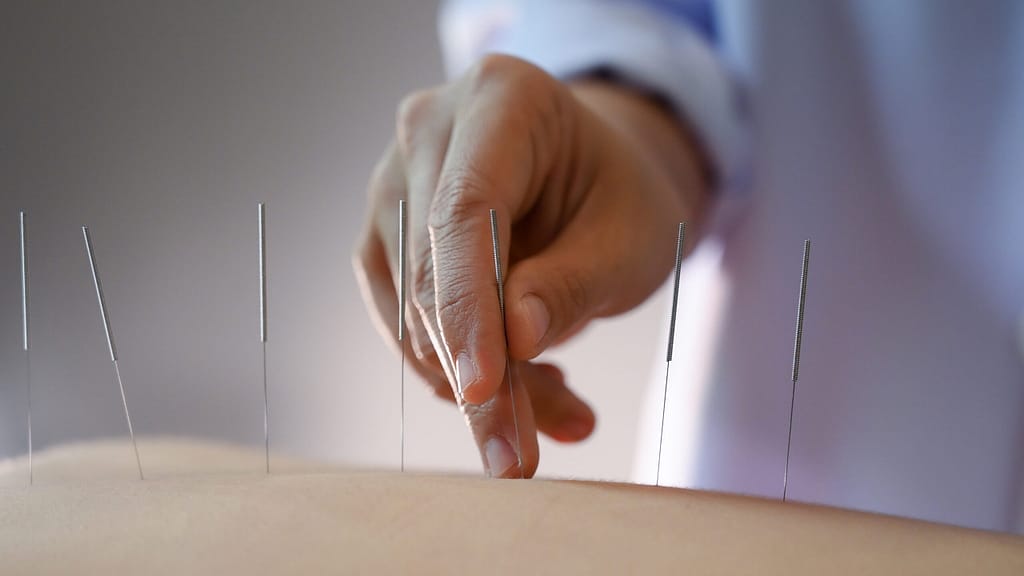
Acupuncture Frequency and Benefits vary based on individual health needs, symptom severity, and body response. Acupuncture is a highly effective therapy for pain relief, stress management, and overall well-being. While some individuals may benefit from weekly sessions, others with chronic conditions or acute pain may require more frequent treatments. Understanding the right acupuncture frequency ensures optimal results, whether for managing stress, improving circulation, or supporting holistic healing. In this guide, we’ll explore how often you should receive acupuncture, its long-term benefits, and how to tailor sessions for the best therapeutic outcomes.
How Often Should You Get Acupuncture?
The frequency of acupuncture sessions depends on the condition being treated. Mild issues may require sessions once a week, while chronic conditions often require 2–3 visits per week initially. After improvement, maintenance sessions once a month or every few weeks can help sustain the benefits.
The recommended acupuncture frequency varies based on individual health conditions and goals. Acute issues like muscle pain or headaches may improve with 1–2 weekly sessions, while chronic problems like arthritis or digestive disorders may require 2–3 weekly treatments for the first few weeks.
As symptoms improve, the frequency of sessions can be reduced to weekly or biweekly. Long-term maintenance often involves occasional visits every 4–6 weeks. A personalized plan from a qualified acupuncturist ensures optimal results.
How Often Is Acupuncture Needed?
Acupuncture is typically needed more frequently at the beginning, especially for chronic conditions, with 2–3 sessions per week. As symptoms improve, the frequency can be reduced to weekly or biweekly sessions and eventually to monthly maintenance treatments.
The need for acupuncture depends on the severity of the condition and the patient’s response to treatment. Acute conditions may require only a few Acupuncture sessions for symptom relief, while chronic issues often demand a structured treatment plan spanning several weeks or months.
Many acupuncturists recommend starting with 2–3 sessions per week for faster results, then gradually reducing the frequency as the condition stabilizes. Monthly maintenance sessions help sustain progress. Consulting a qualified practitioner ensures a personalized treatment plan for optimal healing.

How Many Visits Does It Take for Acupuncture to Work?
Some people feel relief after one session, but most conditions require 4–6 treatments. Chronic issues may need 10–20 sessions or more for noticeable results.
Acupuncture results vary based on the individual and the condition treated. Some patients experience relief within the first session, especially for mild pain or stress. However, most cases require multiple visits to achieve lasting benefits.
Mild to moderate conditions often improve after 4–6 sessions, while chronic issues like migraines, infertility, or autoimmune disorders may take 10–20 treatments or longer. Because acupuncture works cumulatively, each session builds on the previous one. A customized treatment plan from a licensed acupuncturist ensures the best outcomes.

Is Acupuncture 3 Times a Week Too Much?
No, acupuncture 3 times a week is not too much, especially for acute pain, injuries, or severe conditions. However, treatment frequency should be adjusted based on individual responses.
Receiving acupuncture 3 times a week is common in the early stages of treatment, particularly for chronic pain, inflammation, or stress disorders. This frequency helps the body respond faster and promotes quicker healing. After symptoms improve, most people reduce sessions to once or twice a week and then transition to monthly maintenance.
However, reducing the frequency may be necessary if you experience excessive fatigue, dizziness, or sensitivity after treatments. Consulting an acupuncturist ensures the right treatment plan is tailored to your needs.
When Should Acupuncture Be Avoided?
Acupuncture should be avoided during pregnancy (unless recommended by an expert), in cases of severe bleeding disorders such as hemophilia, active infections, open wounds, or if you have a pacemaker and are receiving electroacupuncture.
While acupuncture is generally safe, certain conditions require caution. Pregnant women should consult a healthcare provider, as some acupuncture points can induce labor. People with bleeding disorders or those taking blood thinners should avoid acupuncture due to the risk of excessive bleeding.
Acupuncture should be postponed if you have an active infection, open wounds, or severe skin conditions at the treatment site. Additionally, those with pacemakers should be cautious about electroacupuncture, as electrical stimulation could interfere with the device. Always consult a licensed acupuncturist and your doctor to determine if acupuncture is safe for you.
Wrapping Up!
Acupuncture is a highly effective therapy, but the optimal frequency depends on individual needs and conditions. While some benefit from weekly sessions, others may need more frequent treatments initially. Always consult a qualified acupuncturist to develop a personalized treatment plan for optimal results.

